Brewing coffee is a game of balance. You buy well-roasted beans, carefully designed brewers, and research techniques to improve the quality. Unfortunately, many home brewers forget a key step in the brewing process.
When you notice that the coffee you brew is consistently bitter, flat, or otherwise just not right, you’re first thought might be the coffee beans. Not a bad place to turn, but the coffee beans themselves aren’t the primary thing ingredient you’re drinking. As it happens, water makes up roughly 99% of your coffee, so the flavor of it actually matters significantly. To the surprise of many home-brewers, even local tap water can be taste-altering in unpleasant ways.
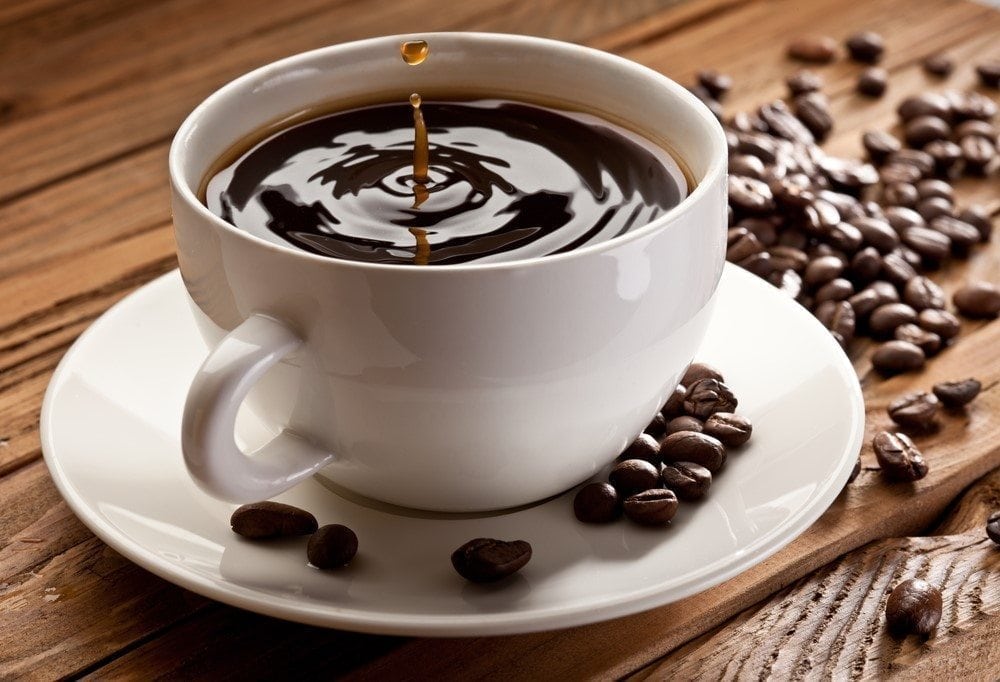
Here are some of the major factors that can affect the taste of your water:
Staleness & Quality
The water you use should always be fresh, smell, look, and taste clean. Cold water from the facet is usually fresher than the hot water and more likely to taste cleaner. Giving the water-kettle a jump start with warm water from the facet isn’t such a great idea after all.
Old water, used water or water that has been heated and cooled will have lost some of its oxygen, which makes the flavor a bit flat and changes the way that the coffee and water react to one another. In addition, don’t ever use water that you would be unwilling to drink by itself. A simple, affordable filter can really improve your water quality and decrease the presence of a lot of the larger minerals.
Water Hardness
Water hardness specifically refers to the amount of calcium and magnesium in your water. If there is too much of either of these metals in the water, the flavor compounds (which are attracted to them) will attach themselves and form solids that will decrease the amount of flavor in the liquid in your cup.
Also problematic is the fact that, when heated, hard water creates limescale at a much faster rate than soft water does because of all of the minerals. This can build up in your coffee machine very quickly, and damage the whole system.
To combat these issues, many people use water softeners – but be careful! Water softeners increase the levels of salinity, which can affect the flavor. Test your water ahead of time to see whether you actually need a softener. According to the Specialty Coffee Association of America, target sodium levels are about 10mg/L.1
Chlorine
Chlorine content is something that you definitely want to avoid during the coffee brewing process. Chlorine, even in small amounts, can affect the flavor profile of your beverage and can even change the smell. It will reduce the pH balance of your coffee, making it more acidic. On top of that, the substance can actually corrode any metallic parts on your machine, causing you to search for a replacement much sooner than you might like. Use a carbon filter to avoid this particular problem.
When you are trying to provide the best office coffee service for your employees or guests, water quality is just as important as your choice of machine. Use filters and test your water for the best possible brew!
Brittany Goodwin is a digital marketing professional and freelance writer in Philadelphia. She enjoys traveling and making a positive impact on the environment. Brittany holds a Bachelor of Science degree in Marketing from Rutgers University. Connect with Brittany on LinkedIn.

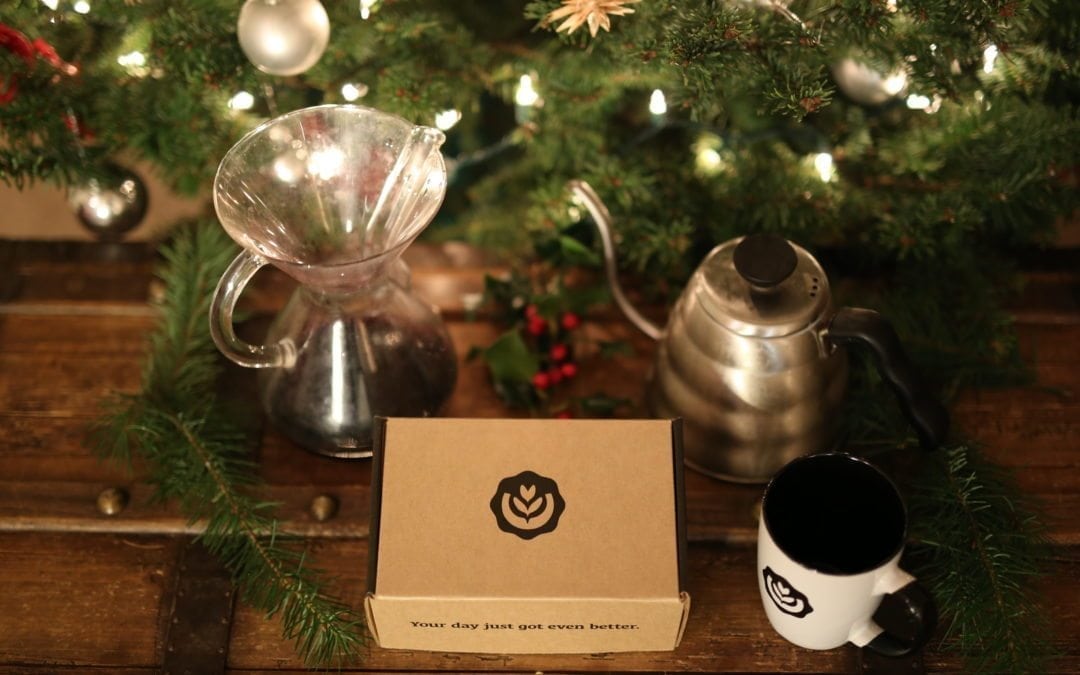
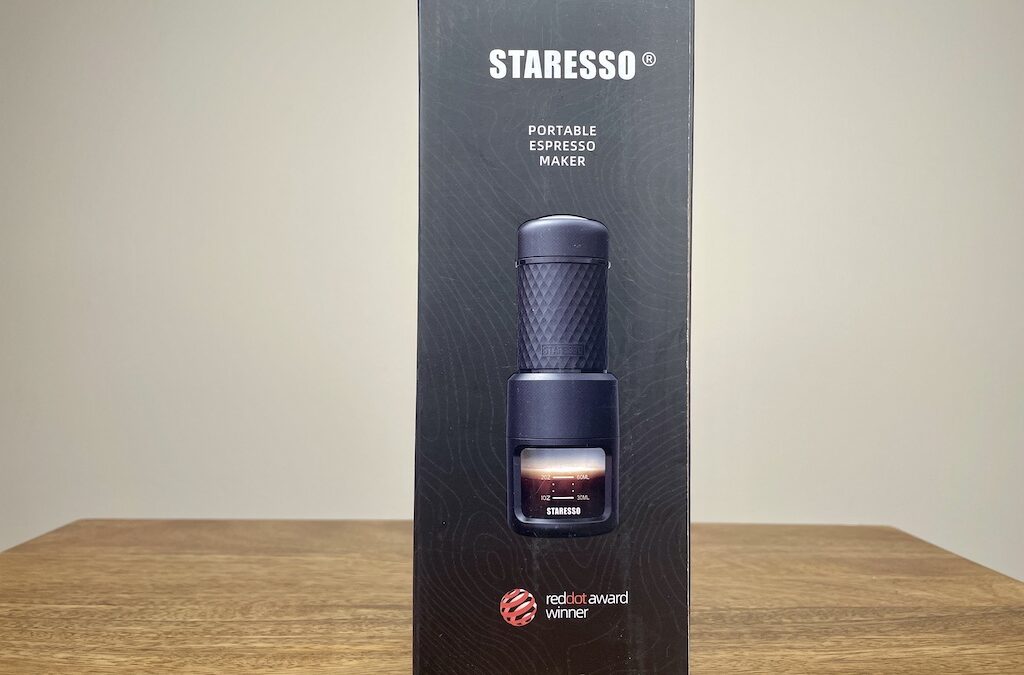
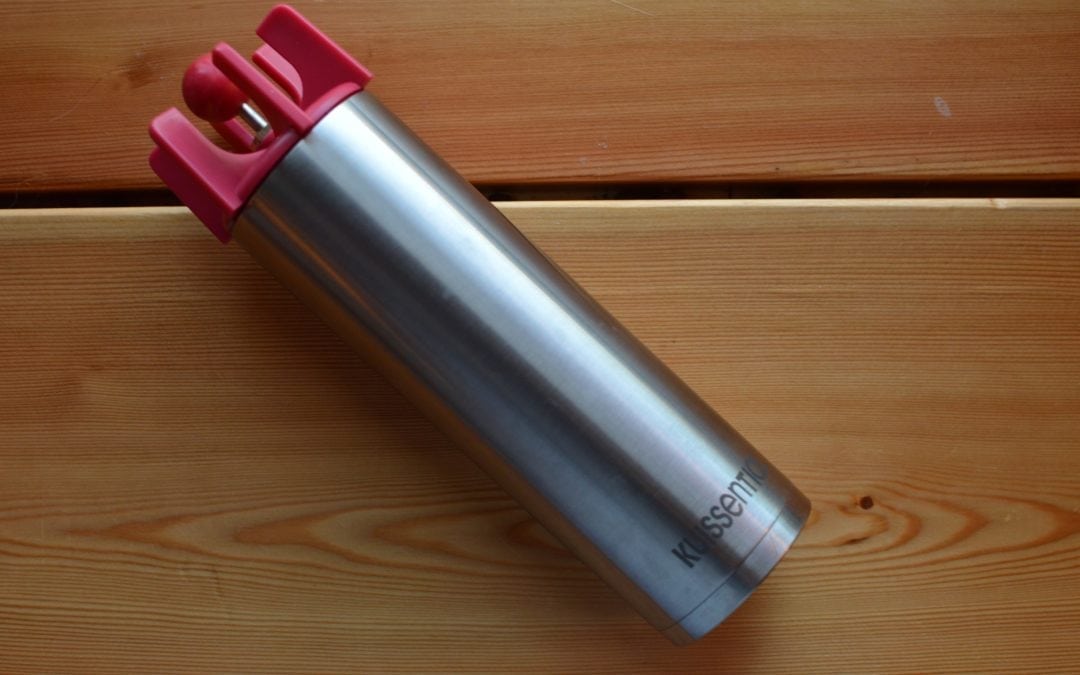
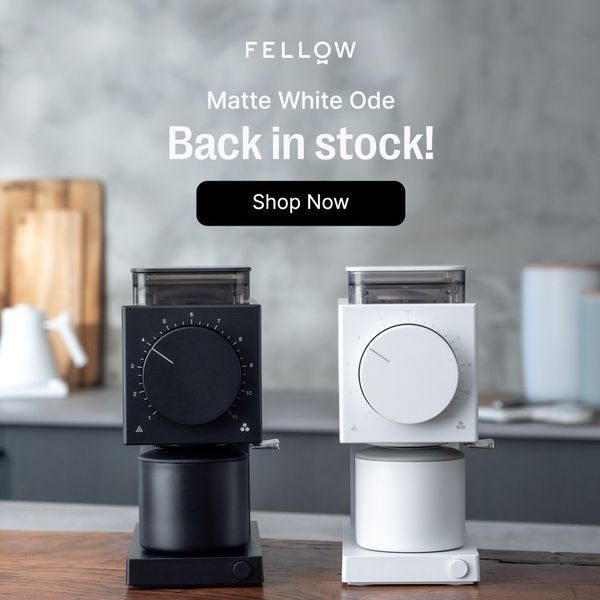
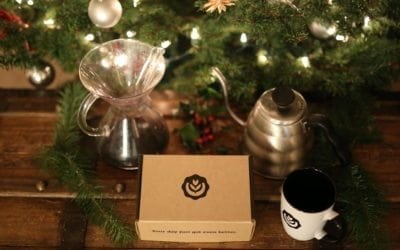
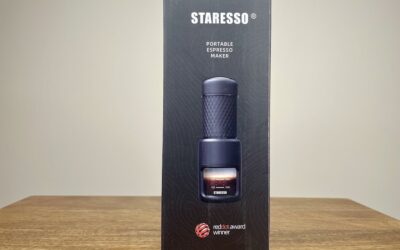
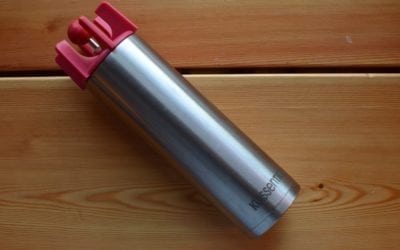
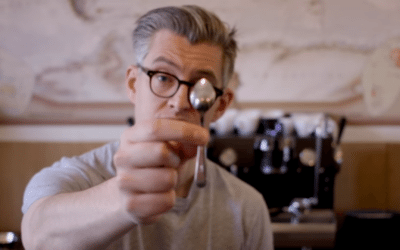
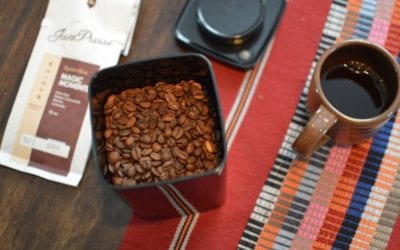
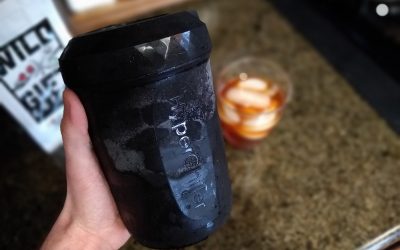
0 Comments